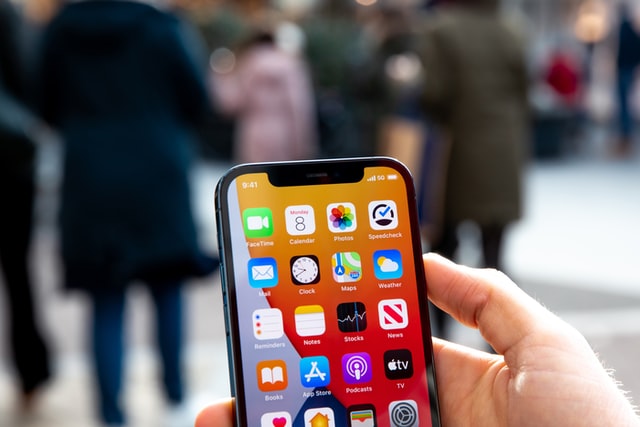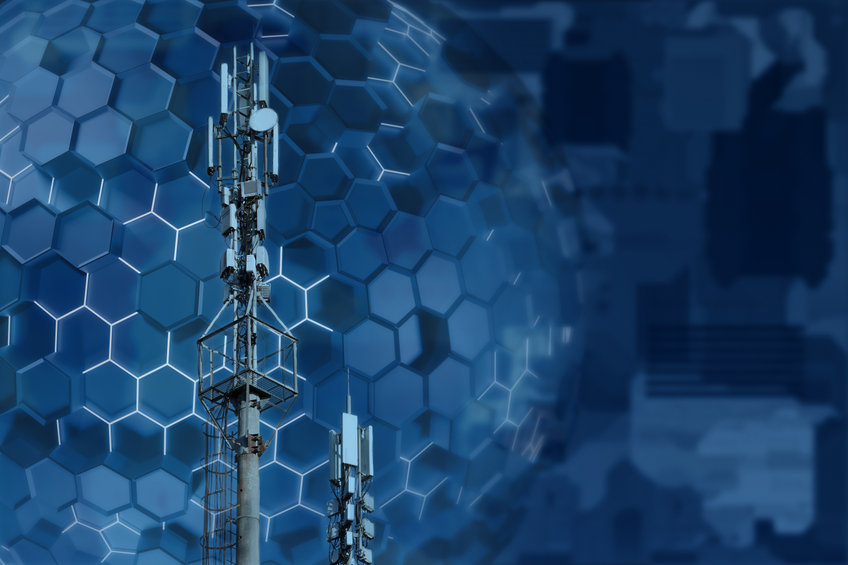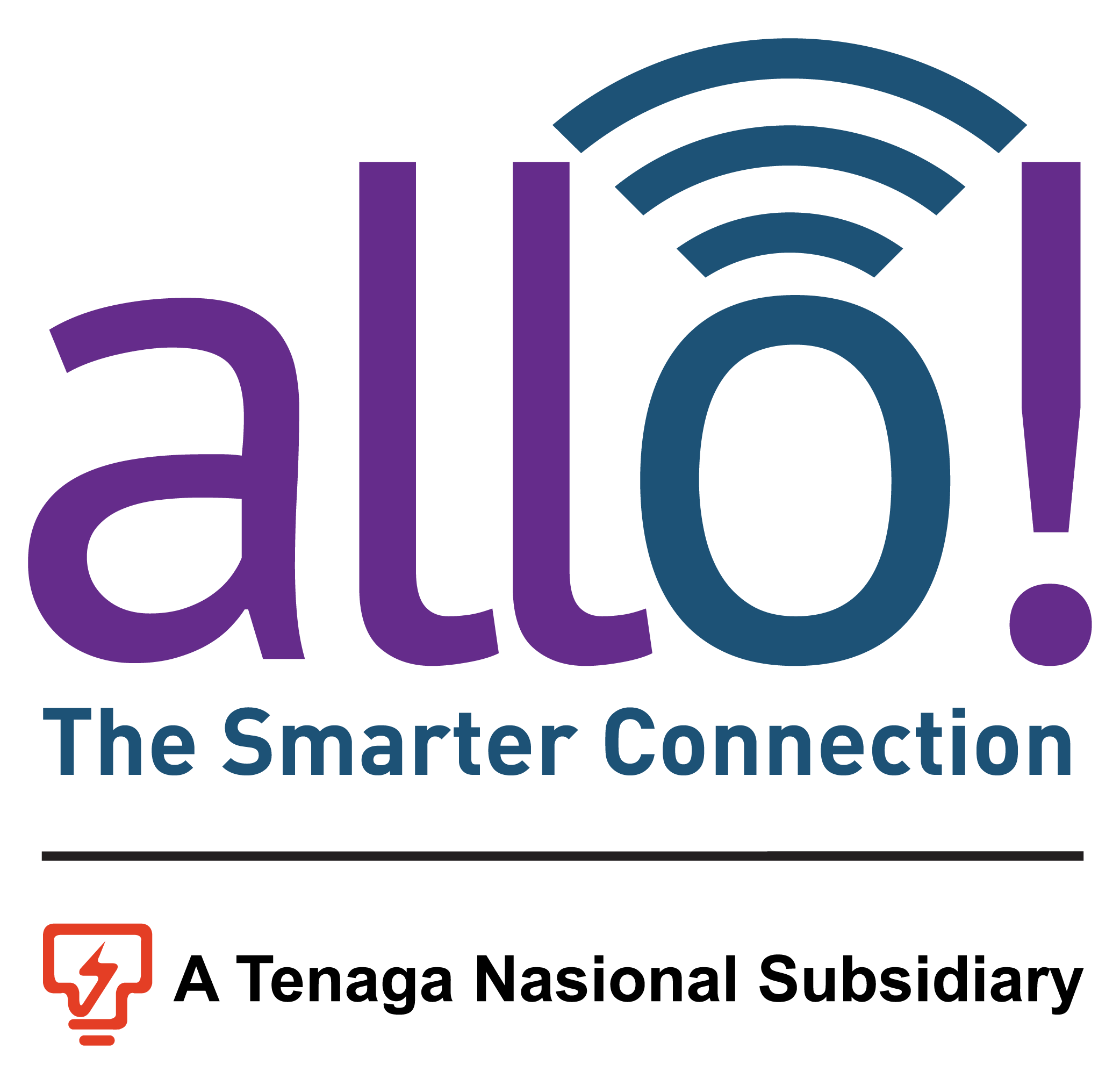BLOG
Are Malaysians Ready for 5G?

5G is the 5th generation mobile network. It is a new global wireless standard after 1G, 2G, 3G, and 4G networks. 5G enables a new kind of network that is designed to connect virtually everyone and everything together, including machines, objects, and devices. The wireless technology is meant to deliver higher multi-Gbps peak data speeds, ultra-low latency, more reliability, massive network capacity, increased availability, and a more uniform user experience to more users. Higher performance and improved efficiency empower new user experiences and connect new industries.
Here’s why 5G is important to industrial, environmental and social sectors
Much of the hype around 5G has to do with speed. But there are other perks too. They include:
- Increased bandwidth: High bandwidth and ultra-low latency can enable near real-time asset monitoring to support predictive maintenance and more efficient operations. Virtual networks and edge computing can help keep workers out of remote or hazardous areas. And there are also applications of 5G that can support carbon footprint management.
- Improving accessibility: Improvements in 5G technology can help make life better. For instance, significant advances in autonomous vehicle technology are possible with 5G, creating the potential for people to have new levels of personal and professional freedom. Connected appliances can help automate tasks around the house, which can not only improve personal convenience but also help those who need assistance with everyday tasks.
- Enhanced capacity: Speed is exciting, but one of the questions on the minds of analysts and industry leaders is this; How will 5G help businesses scale their technology initiatives? 5G will deliver up to 1,000x more capacity than 4G, creating fertile ground for IoT development. 5G and IoT are a perfect match, set to redefine how wireless networks-and the internet as a whole-are used. With capacity for hundreds or thousands of devices seamlessly communicating, new applications and use cases for cities, factories, farms, schools, and homes will flourish.

Is Malaysia ready for 5G?
It’s no wonder that 5G has become a hot topic amongst Malaysians. Within the first quarter of 2019, at least four notable 5G smartphones made an appearance at the MWC 2019, with Maxis already beginning 5G trials in Cyberjaya, while Celcom plans to use 5G beyond just faster downloads.
So why is 5G such a big deal? According to a report by Repeater Store, many consumers don’t really know what 5G is and show very little interest in the technology. Although it was conducted in the West, the results share similar thoughts to Malaysians-most people are still unhappy with the current telco carriers, especially on the unstable lines in some areas.
Here’s why we believe the average consumer is not yet ready for 5G:
- For most people, 4G LTE probably just feels fast enough. It makes it hard to imagine why a significantly faster network may be useful-and in many ways, the use cases for 5G simply aren’t there yet.
- Following the 2019 World Radiocommunication Conference, the country is in the process of updating its national radio spectrum plan to ensure that the requisite frequency bands are available and allocated to 5G and other emerging technologies. Once that process is complete, it may be necessary for existing allocations and assignments to be rationalized, and for frequencies that have already been assigned, but perhaps are not actively being used, to be relinquished.
- In order to be able to achieve more robust, high-speed access, consistent with 5G standards, the infrastructure requirements are considerably more complex than for a 3G or 4G network. An important element that most likely challenges mobile/cellular network operators in Malaysia, is the considerably higher density of towers that would be required to achieve 5G. This is coupled with the fact that self-driving cars are still not ready for the roads.
- Another likely and problematic outcome in efforts to implement 5G in the region is the disconnect between the cost of deploying, maintaining and upgrading the infrastructure, and the rates charged to customers, in order for the telcos to not only recover their costs, but also realize some reasonable return on their investment. To a considerable degree, the country could not have the economies of scale that could make such an investment viable.
- While the fifth-generation network will undoubtedly improve the livelihood of cities, deploying it in the rural areas is a challenge. If 30% of Americans have 4G LTE connectivity issues at work or home, you can imagine the percentage in Malaysia to be higher because it’s no myth that some 4G LTE networks aren’t stable as well.

But we shouldn’t just ignore 5G altogether
5G will rapidly become an essential technology and be fundamental to future opportunities and growth. In addition to taking smartphones to a totally new level, 5G will affect and improve all industries. It will increase revenue, enhance productivity and improve the bottom line for most companies that understand its power and apply its capabilities.
5G will quite possibly also replace some cable internet services entirely, with estimated average speeds of 300Mbps. Some locations estimate speeds nearing 940Mbps. Because 5G utilizes multiple brands, it is able to simultaneously offer the reliability of lower bands and the fast speed of higher bands. It is also able to accommodate a higher capacity of traffic. This delivers functionality and capabilities that were unachievable in the past.
5G’s impact on the industrial internet of things (IIoT) is expected to result from a combination of its high data rates, reduced latency, energy savings, cost reductions and higher system capacity. Its ability to capture vast amounts of data from remote sensors and other connected devices, and then transfer that information into data centers where artificial intelligence and machine learning can be applied, will likely supercharge business.
Allo is committed to continue expanding to fulfil its role of . We leverage on Tenaga Nasional Berhad’s existing infrastructure to fiberize Malaysia’s mobile towers across the peninsula, ensuring more Malaysians can access 5G. Contact us today and let us provide the support you deserve in the world of technology.
